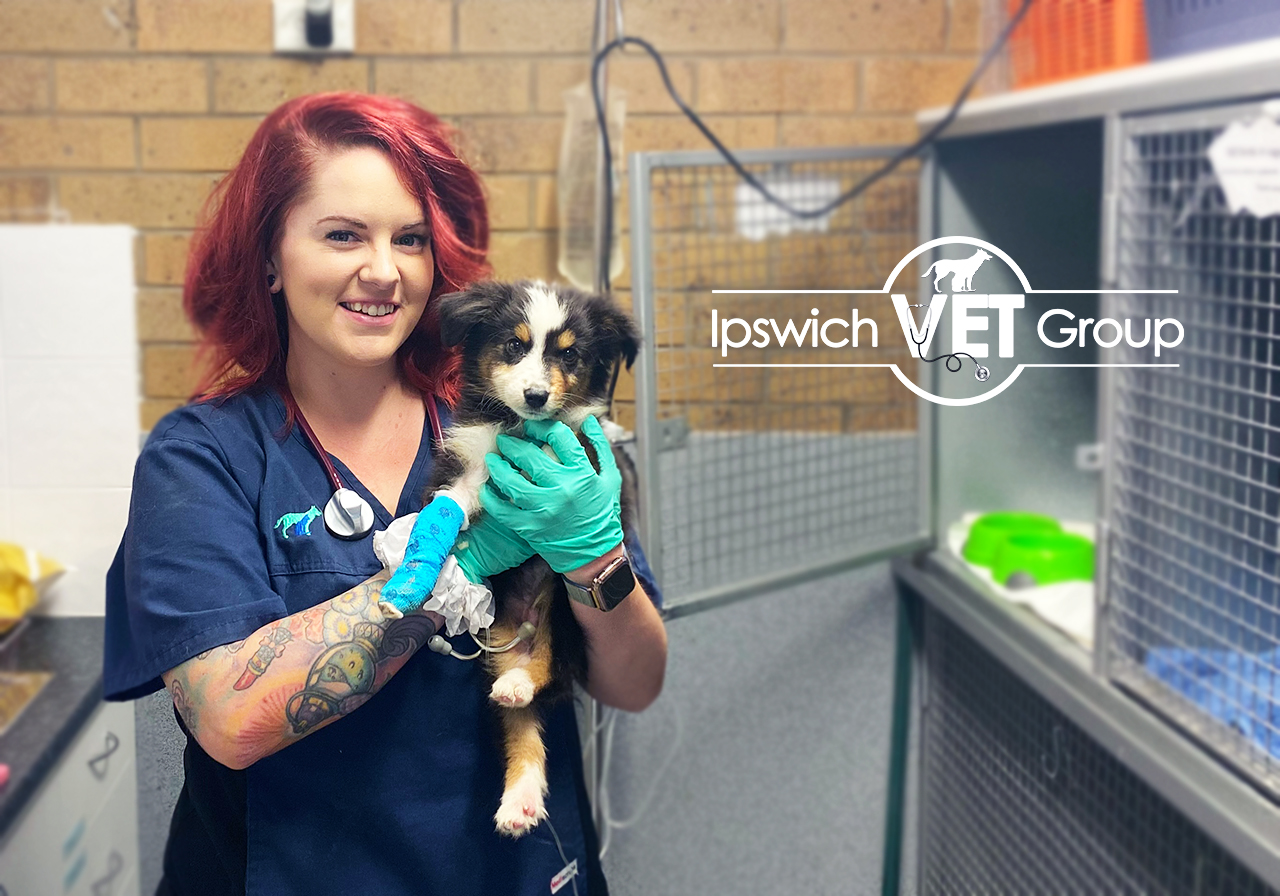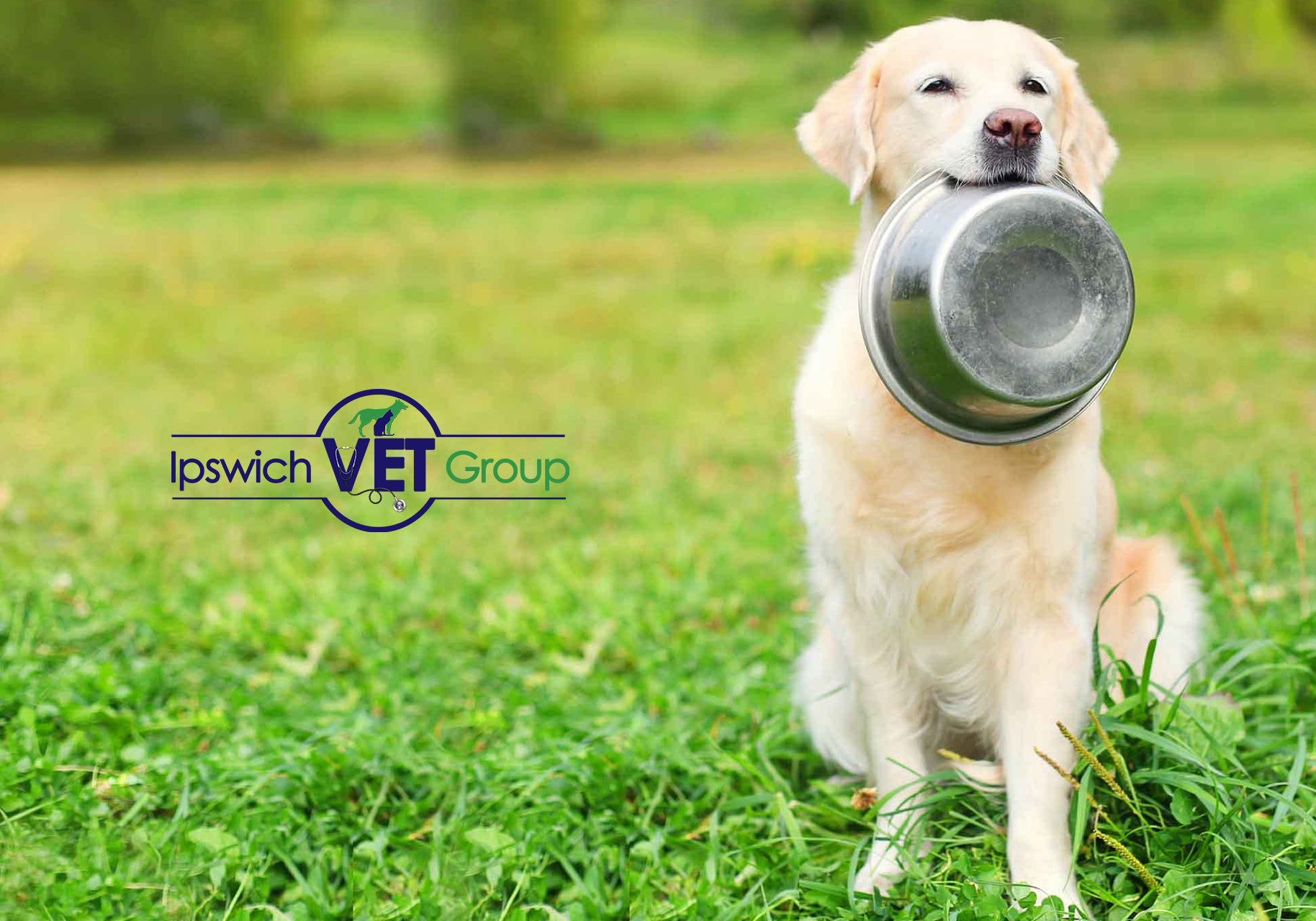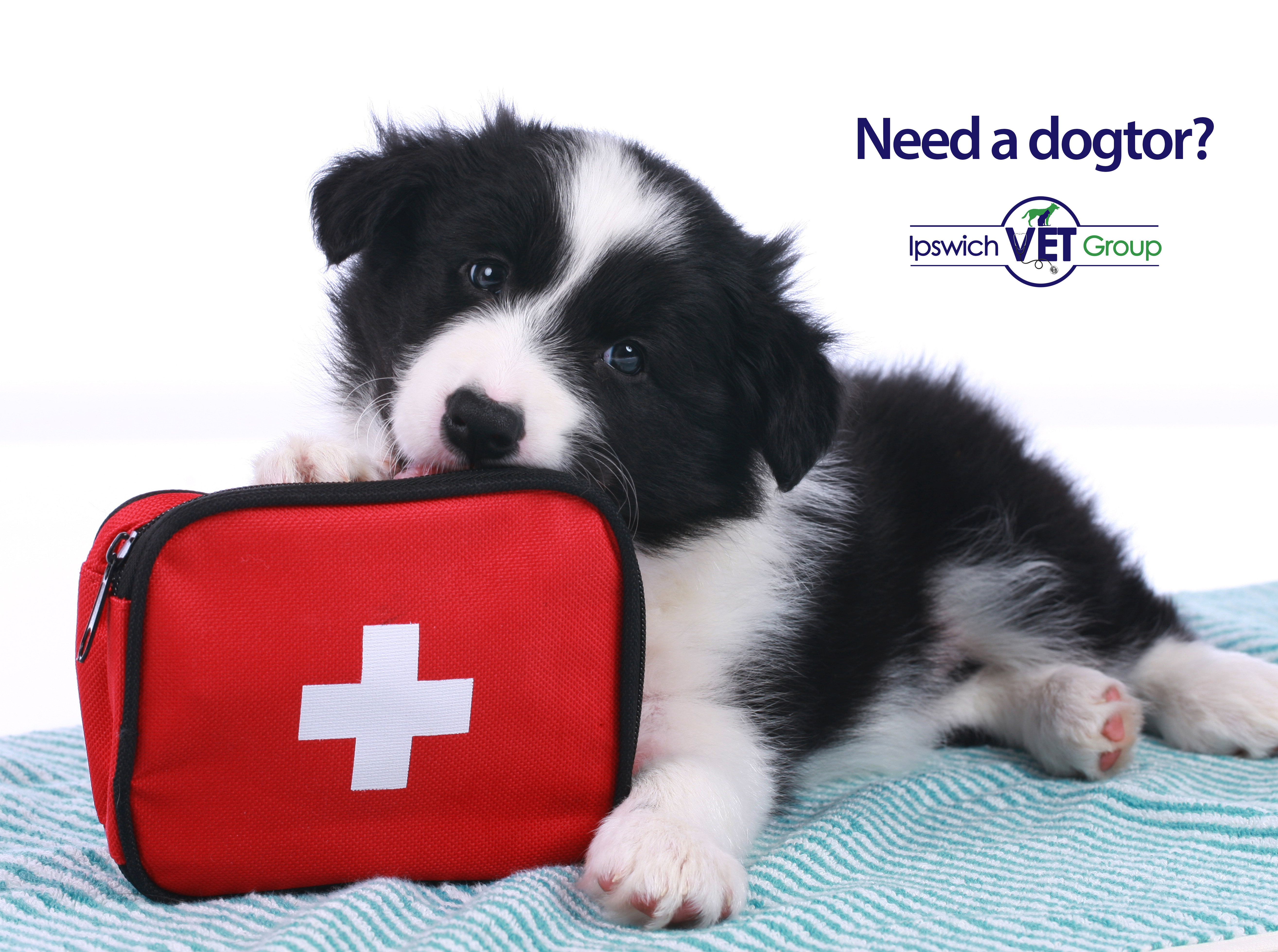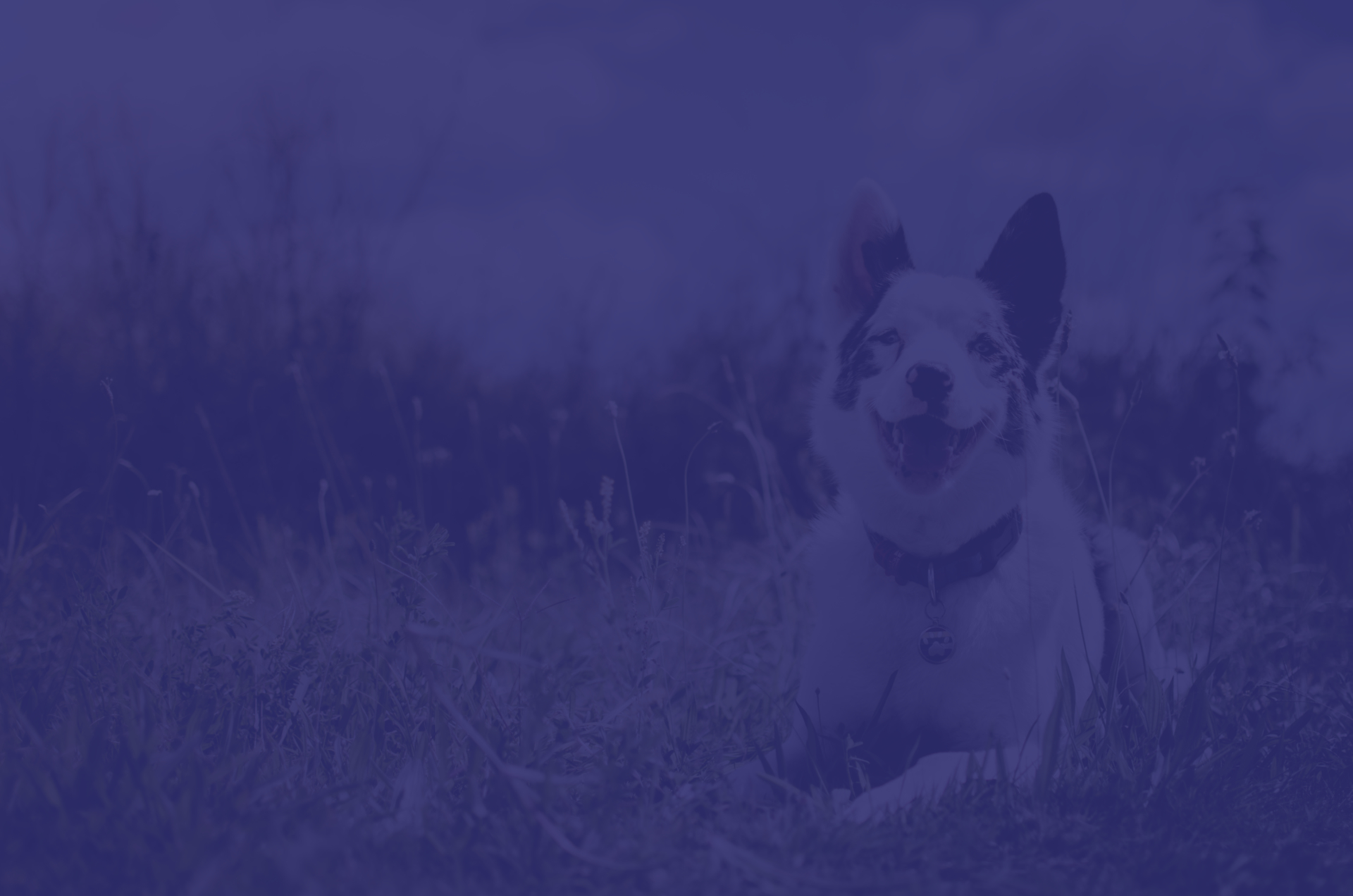Pets are curious creatures, which can be dangerous when the target is a toxin.
Hazards such as cleaning products, medications, plants and foods are all a potential danger to our inquisitive pets. In the average household, your pet could be one munch away from disaster.
It’s hard to keep our pets safe from everything that could potentially harm, them, however there are ways to keep them away from toxins.


- Avoiding feeding pets ‘human food’ will avoid potential stomach upsets as well as poisonings from the toxins in these foods. Common ‘human food’ can be incredibly dangerous for our pets – even if they do beg for it!
- Keeping houseplants out of reach and knowing which aren’t safe for our furry friends to interact with will help keep them safe!
- Store household products such as cleaning, maintenance and garden products in a secure, out of reach area to ensure there is no risk of your pet ingesting the products. When possible, using pet-safe products is the best option!
- Make sure that medications, for both humans and pets, are also kept out of reach. Pets can overdose on their own medications, so it’s important to follow directions clearly and keep them secure!
But what do I do if I think my pet has been poisoned?
Pet poisonings are a common emergency that vet clinics see. However it’s important to stay clam in all emergency situations.
If you suspect your pet has ingested a toxin, call us immediately.
Keep your pet calm and still, and make a note of what they have ingested if possible. Ensure you follow the vet or nurses instructions and bring your pet to the clinic ASAP.
Sometimes the symptoms of toxicity may not appear for hours or even days. It’s important to have your pet checked by a vet if they have been poisoned – even if they seem okay.

Parvovirus
Need some handy hints to help keep your pet safe?
Know the Most Common Toxins!
- Garden Products such as fertilisers and weed sprays
- Plants such as certain lilies, azaleas and sago palms
- Rodenticide and Insecticides
- Household Items such as cleaning products and laundry detergent
- Chocolate and Human Food. especially anything containing xylitol
- Medications, both over the counter and prescription are dangerous for our furry friends.
Know the Signs!
Keeping your pet safe is hard to do without knowing the signs of poisoning, some of which are:
- Vomiting and/or Diarrhoea
- Seizures
- Blood in the stool
- Lethargy
- Loss of appetite
- Bruising
- Nosebleeds
- Irregular heartbeat
- Inability to urinate
Be Ready for an Emergency!
Accidents happen, and sometimes no matter what we do, our pets can still get sick. You should always contact your vet clinic if your pet is showing any signs of illness, even if you don’t suspect illness. Symptoms for poisoning can take hours and even days to appear – so the safest bet is to get them checked!




